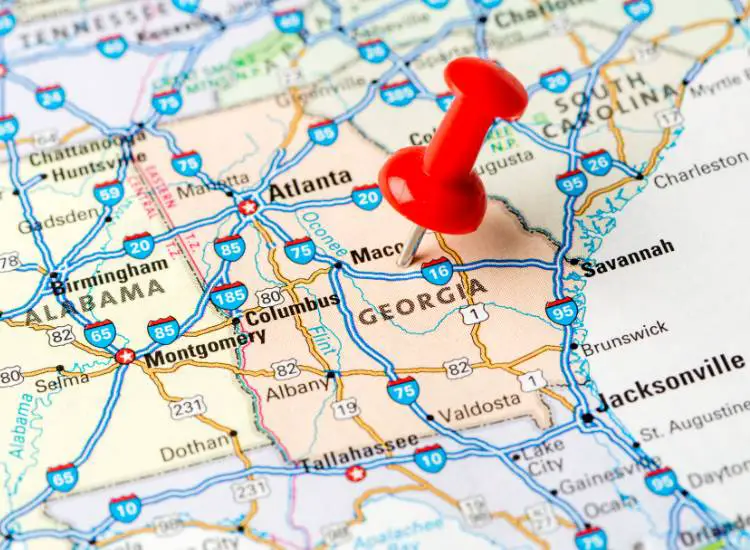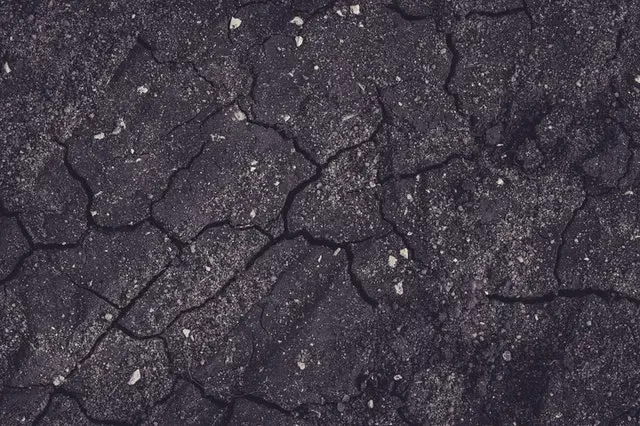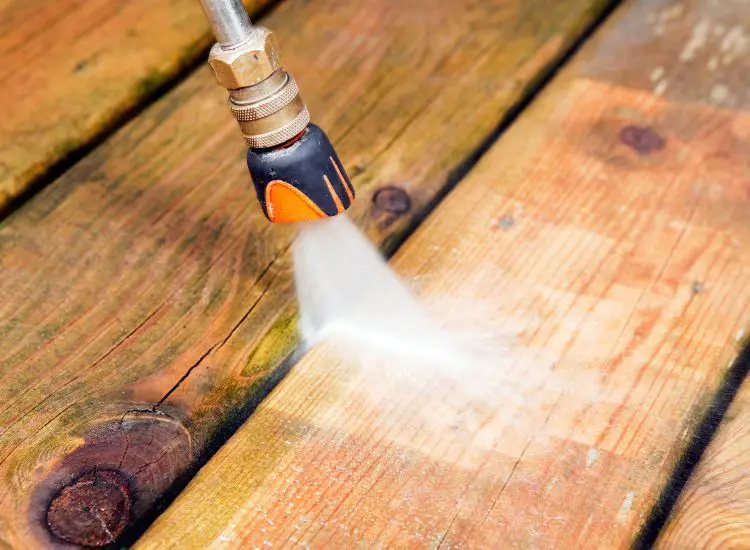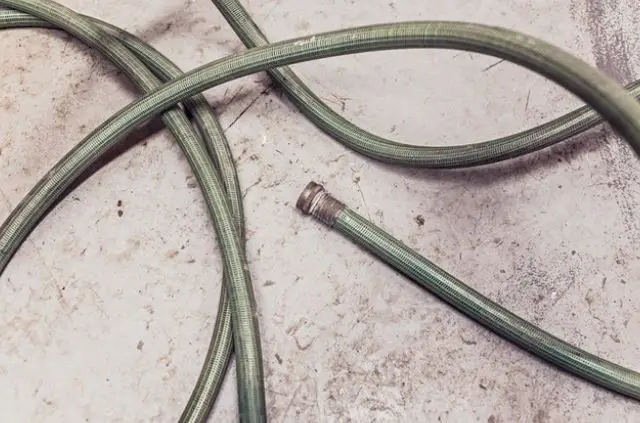7 Reasons Your Pressure Washer is Overheating
It doesn’t matter if you’re pressure washing around the house, or if you own a commercial pressure washing business – these machines are prone to overheating. Sure, maybe you were running it for too long, but the problem isn’t always as simple as you think. In this article we will cover all of the reasons and fixes to pressure washers overheating.
Why Do Pressure Washers Overheat?
Before we talk about how you can prevent a pressure washer from overheating, you should go through the checklist below. All of these steps are simple enough to check in no time. There might be one small part on your pressure washer that is causing a potential bottleneck and creating the machine to overheat.
1. High Oil Level
Unlike car engines, pressure washers don’t need to have their oil all the way to the fill line. Because the machine is so small, a larger amount of oil means more heat in the engine. Try filling the engine with oil only halfway to prevent it from overheating. Just make sure to not let the oil drop too low, as this can cause additional problems.
2. Tight Gas Cap
Gas caps need to be securely fashioned to the tank, but if they are too tight it could cause an issue. A gas cap that is too tight will create a vacuum build-up and the gas won’t be able to flow freely into the engine. Loosening this piece slightly can help with overheating issues. Some gas caps even have a vent screw to allow more air inside.
3. Pinched Gas Line
The pressure washer pump sends fuel from the gas tank to the engine. Having a pinched gas line can prohibited proper fuel from flowing between these two points. Inspect the gas line of your pressure washer for any pinches or kinks. If the fuel is having trouble passing through this area, there’s a good chance the machine could be overheating.
4. Fuel Valve Problems
Similar to lawn mowers, some gas powered pressure washers require the fuel valve to be set in the open position. If the fuel valve isn’t open all the way, it will fail to provide enough gas into the engine. This limited supply of fresh fuel can potentially cause engine problems and overheating. Make sure the fuel valve isn’t stuck halfway between open and closed.
5. Clogged Carburetor
If your pressure washer has been sitting for an extended period of time, a clogged carburetor may be the reason. Parts of the pressure washer can evaporate when gas is left inside of the fuel tank. When this happens it creates a thick mixture that can clog the carburetor. Disconnect the gas lines and clean the carburetor to resolve this problem.
6. Dirty Air Filter
Every pressure washer has an air filter that keeps dust, dirt, and other debris from entering the engine and carburetor. But when the air filter gets clogged, it will restrict airflow and overheat the engine. As a result, the engine will stall and the pressure washer will shut down. Check the air filter regularly and replace it when it starts to get dirty.
7. Enclosed Trailer Rig
If you own a pressure washing business, chances are you have a trailer rig to haul all of your equipment from one location to the next. An enclosed trailer rig can sometimes create overheating issues with pressure washers. These rigs can be too small and fail to provide enough ventilation for the machines, when traveling between jobs.
How to Prevent Pressure Washer from Overheating
Don’t worry if you went through the checklist above and are still having issues. There are a handful of different steps you can take, in order to keep your pressure washer from overheating.
This is a common problem most people face and you don’t have to run it for less time. Some pressure washing companies run their equipment all day traveling to different job sites.
Install a Buffer Tank
A buffer tank is a heavy duty storage tank that brings water to cool the pressure washer pump. Tanks come in various sizes that range from 5 gallon tanks, all the way up to 300 gallon tanks. Contrary to popular belief, a bigger tank doesn’t guarantee the pressure washer will work better.
A larger tank is heavier and will take longer to fill up. The main purpose of a buffer tank is to prevent the pressure water pump from overheating.
One side of the hose is connected to the unloader valve, while the other end connects to the buffer tank. This allows you to set the gun down while the motor is still running and not have to worry about overheating the pump.
Keep it in the Shade
One of the easiest ways to cool down any piece of equipment is to store it in the shade when in use. Even though you can pressure wash in the rain, most projects get done on sunny days, when there are no clouds in the sky. However, when you combine these ideal weather conditions with machinery, overheating becomes inevitable.
Quick places to find shade are in a garage, under a tree, or inside a covered trailer. Just keep the doors open if you decide to store the pressure washer in a garage or trailer. The machine still requires proper airflow, even if it is in the shade. With these easy fixes you can quickly lower the temperature of the pressure washer.
Buy an Electric Pressure Washer
These machines won’t overheat like their gas counterparts. Electric pressure washers are specifically designed for the motor to shut off when not in use. When you hold down the trigger on the wand, the motor will quickly turn on and spray water. It’s easy to hear from the high pitched noise it makes. And when you let go of the trigger, it will power off.
Even though electric pressure washers have this added benefit, you should still keep an eye on signs of overheating. If you’re about to begin a big cleaning job, make sure to keep the machine in the shade. Some electric pressure washers have the ability to self regulate when they overheat and the motor might not turn on when you hold down the trigger.
Final Thoughts
Hopefully this article has taught you that there can be a variety of reasons for a pressure washer overheating. They can range from mechanical problems with the pressure washer itself, to environmental reasons with how the machine is being stored. And it doesn’t matter if you run a pressure washing business or not, maintenance should be preformed on a regular basis.
Most often the problem is related to something small that can be fixed in a few minutes. Just remember that there are many steps you can try before taking it to a professional small engine repair shop. Make sure to save this article so you can go through the checklist above, the next time you’re having overheating issues with your pressure washer.
Further Reading
- Pressure Washer Loses Pressure
- Pressure Washer Stalls When Trigger Is Released
- How Long Can You Run a Pressure Washer?
Search Terms
- pressure washer overheating
- how to prevent pressure washer from overheating






